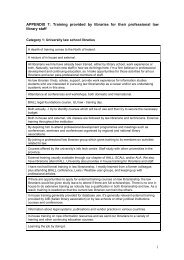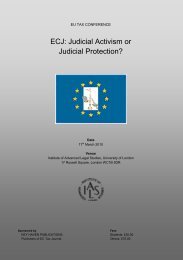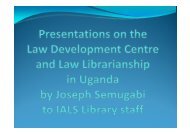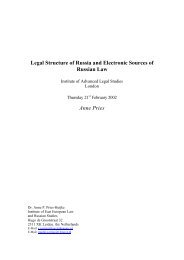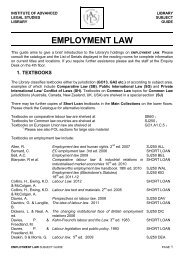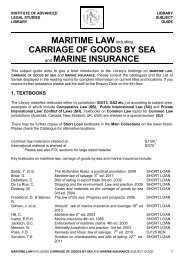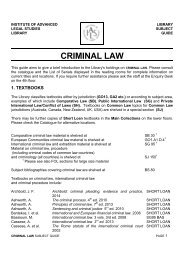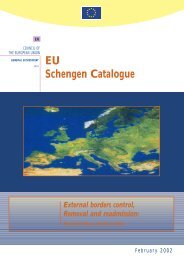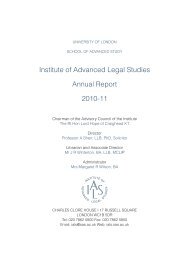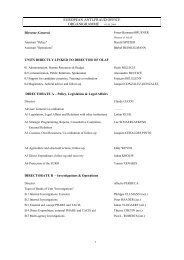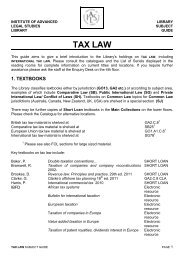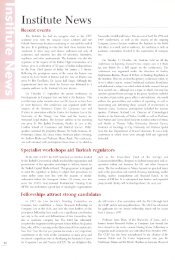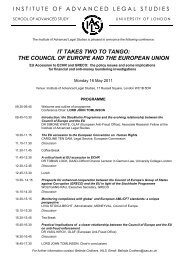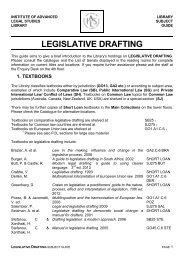a thesis - Institute of Advanced Legal Studies
a thesis - Institute of Advanced Legal Studies
a thesis - Institute of Advanced Legal Studies
Create successful ePaper yourself
Turn your PDF publications into a flip-book with our unique Google optimized e-Paper software.
14 TRUSTS IN GENERAL.<br />
distinction as Mr. Justice Story does, by the accustomed anti<strong>thesis</strong><br />
"express" and "implied," treating resulting and constructive<br />
trusts as subdivisions <strong>of</strong> the latter.<br />
It may be added that the term implied trusts is sometimes<br />
used to designate what are more commonly called " precatory<br />
trusts." Mr. Lewin uses the term in this sense (see 10th ed. 117),<br />
and he treats such trusts as a species <strong>of</strong> those created by act <strong>of</strong> the<br />
party. Mr. W. W. Watson also regards precatory trusts as<br />
implied, and treats them as a sub-class <strong>of</strong> trusts which, though not<br />
express, are such as equity will enforce.<br />
But as Mr. Underhill (6th ed. 9) points out, trusts arising from<br />
precatory words are essentially express trusts—that is to say, they<br />
are expressed, although in ambiguous and uncertain language.<br />
Moreover, the whole <strong>of</strong> the law as to express trusts is applicable to<br />
trusts created by precatory expressions ; and there is, therefore, no<br />
justification for treating them as a separate and distinct class.



